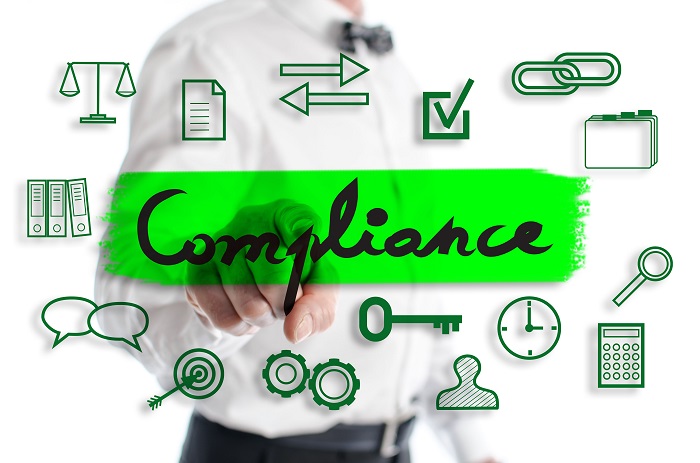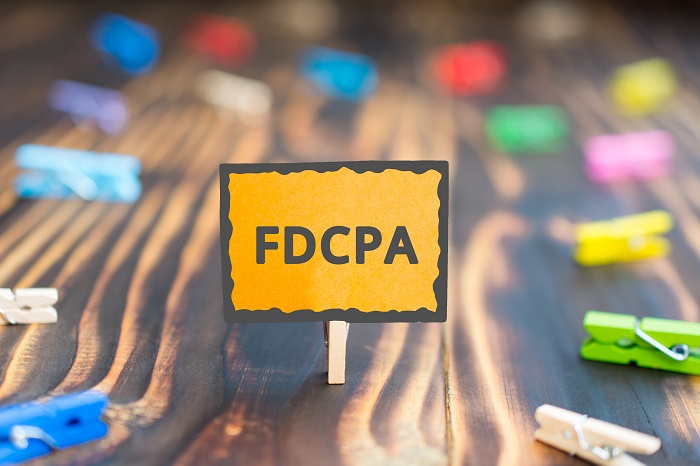The U.S. Court of Appeals for the Seventh Circuit recently vacated a trial court’s order denying a debt collector’s motion to compel arbitration in a putative class action lawsuit filed by a consumer alleging violations of the federal Fair Debt Collection Practices Act (FDCPA), and remanded the case to the lower court with instructions to dismiss for lack of jurisdiction.
Posts published in “Debt Collection”
During what was an extraordinary and difficult year, there was an abundance of activity at the state and federal levels and a good deal of it was driven by the present COVID-19 pandemic. Here is my take on some of the most significant regulatory activities from the past year in consumer debt collection that will continue to impact both consumers and creditors in the years to come.
The U.S. Court of Appeals for the Ninth Circuit recently held that a debt collector cannot use the “bona fide error” defense to shield itself from liability under the Fair Debt Collection Practices Act (FDCPA) by merely (1) requiring its creditor clients to provide accurate account information, and (2) requesting verification of the account information from its creditor client, but not waiting to receive a response before trying to collect the debts.
The Consumer Financial Protection Bureau has released its final rule for the Fair Debt Collection Practices Act. The release of the rule promises to bring substantial changes in consumer debt collection practices.
The U.S. Court of Appeals for the Seventh Circuit recently held that factually accurate collection letters that did not make explicit or implicit suggestion about future outcomes did not violate the federal Fair Debt Collection Practices Act as they would not confuse or mislead the reasonable unsophisticated consumer.
The U.S. Court of Appeals for the Eleventh Circuit, in an unpublished opinion, affirmed a trial court order dismissing a consumer’s lawsuit holding that Georgia’s renewal statute, O.C.G.A. § 9-2- 61, did not save a claim that is otherwise time-barred under the federal Fair Debt Collection Practices Act (FDCPA).
On Sept. 25, 2020, California Gov. Gavin Newsom approved Senate Bill 908 which creates the “Debt Collection Licensing Act.” The licensing provisions become operative Jan. 1, 2022, with the licenses to be issued by the Commissioner of Business Oversight.
The U.S. Court of Appeals for the Eleventh Circuit recently reversed and partially vacated approval of a class representative’s incentive award, remanding the case to the trial court to adequately explain its fee award, its denial of a class member’s objections, and its approval of the class settlement.
The U.S. Court of Appeals for the Fifth Circuit recently held that a consumer’s contractual obligation to repay an overpayment in government grant money received by the debtor qualified as a “debt” under the federal Fair Debt Collection Practices Act (FDCPA) because it involved a consensual promise to repay in exchange for receipt of an item of value, and the subject of the transaction was primarily for personal, family, or household purposes.
The U.S. Court of Appeals for the Second Circuit recently held that a debt collector did not violate the federal Fair Debt Collection Practices Act (FDCPA) where it unintentionally sent a valid debt collection communication to a non-debtor.
The U.S. Court of Appeals for the Seventh Circuit recently affirmed the dismissal of consumers’ claims that a debt collector's separate reporting of debts accrued for medical services, rather than aggregated together, violated the federal Fair Debt Collection Practices Act (FDCPA).
The Massachusetts Supreme Judicial Court recently affirmed a lower court’s denial of a debt collector’s motion to compel arbitration, holding that the defendant had failed to provide “clear and definite” evidence of the parties’ intent that it benefit from the arbitration provision at issue.












